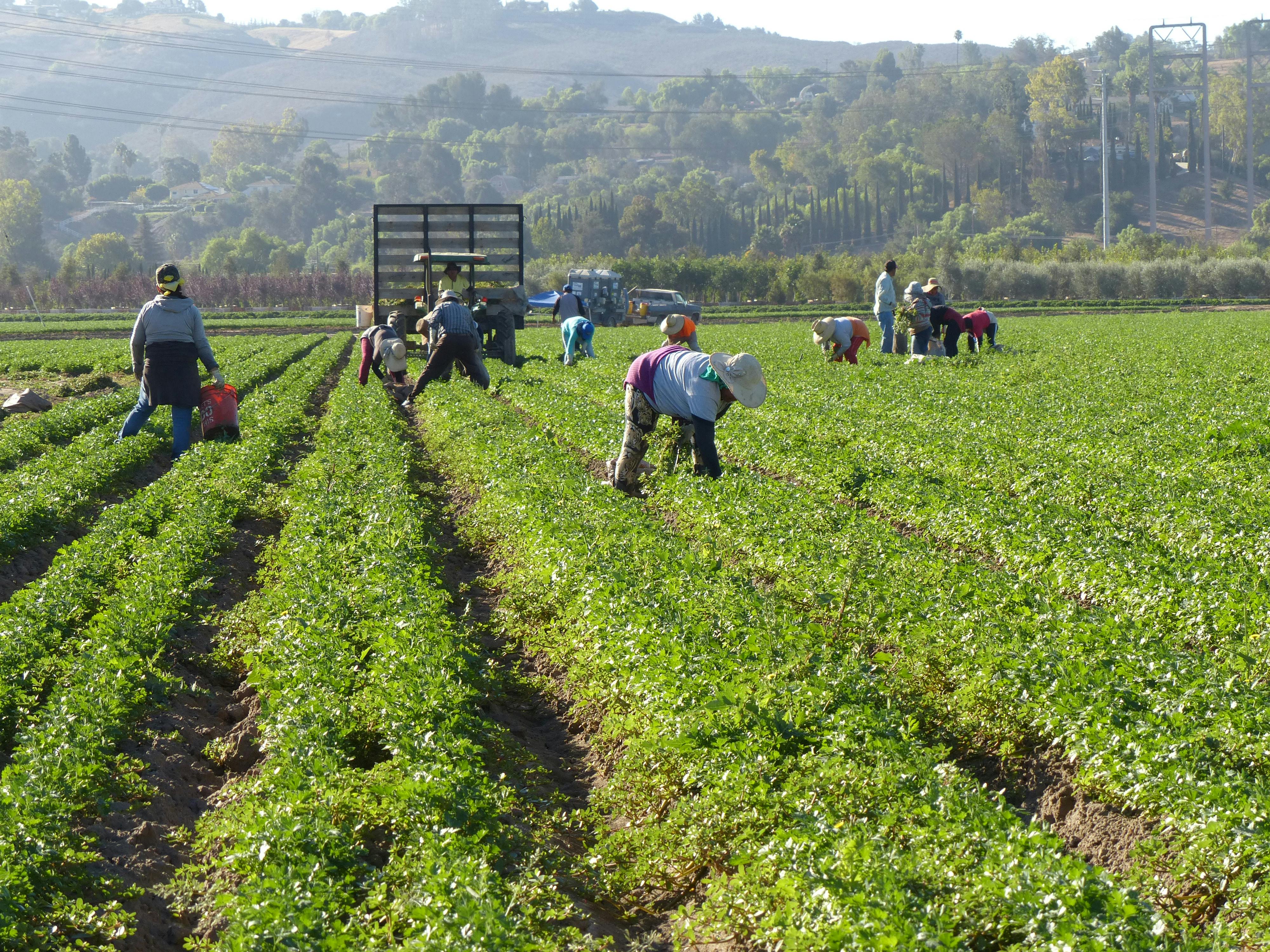
Improving the sustainability and resiliency of local food systems will become increasingly important as climate change, natural disasters, and crises such as COVID-19 threaten the supply chains of the current global industrial food system. Access to nutritious food is fundamental to the economic, social and public health of all communities. It is a basic human need, and is particularly essential for children’s learning and wellbeing. Ensuring access to good food must be a cornerstone of GND efforts. Local governments can support and build off of the work already being done by grassroots organizations and farming cooperatives to increase access to farming opportunities and healthy food in our communities.
Creating local and regional food sources and distribution networks will have profound short and long-term effects. As a cornerstone of human connection and culture, having a relationship with food, whether growing your own or knowing your farmer, is a source of empowerment and enrichment of local communities and ecosystems. Emancipatory food systems have the potential to capture carbon, increase local economic opportunities, support dignified urban and rural livelihoods and improve public health. Local GND practices and policies should combat food apartheid, the racialized and systematic deprivation of certain communities of access to healthy and culturally appropriate food, address “food deserts”, expand resident options for farming, and support the provision of affordable, local and nutritious food for children and adults.
Resources